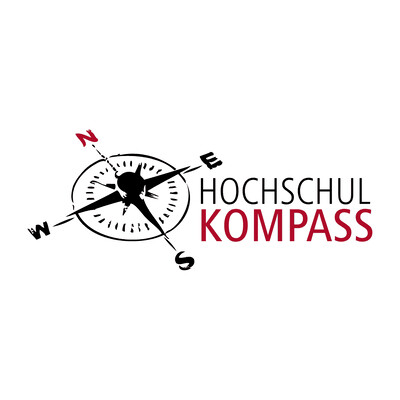Human Medicinefull time
Staatsexamen
State Examination
Degree75 months
Standard period of study (amount)
Neuruppin
Location
No information
Overview and admission
Study Type
undergraduate
Admission semester
Summer and Winter Semester
Area of study
Human Medicine
Annotation
Medical degree. Without admission restrictions. State approved. Practical practice-oriented. The Brandenburg Model degree course in Medicine (BMM) follows in its structure a practice- and patient-oriented, interdisciplinary, clinical-theoretical and scientifically founded medical education. Admission to the degree is not based on a grade-based admission restriction, but on a personal selection procedure. The Brandenburg model degree course in Medicine (BMM) is recognised by the state in accordance with Art. 41 of the regulations on medical registration (Ärztliche Approbationsordnung). Based on learning objectives and competencies, the course follows a problem-oriented system over ten semesters. It has a modular and interdisciplinary structure and links scientific fundamentals with clinical and psychosocial learning content. The conventional separation between pre-clinic and clinic and a training separated according to subjects has been abolished. This interdisciplinary structure is based on organs or organ systems and life phases. From the perspective of various disciplines, the healthy body with its organs, its structure, functions and disorders as well as the resulting diseases and treatment options are to be learned. Based on specific problems that become more complex during the degree course, the fundamentals of the natural sciences and humanities are taught and developed together with clinically relevant content in suitable teaching formats. For example, the teaching/learning method Problem-Oriented Learning (POL) is used. The students develop theoretical and application-related learning objectives in small groups on the basis of patient stories, work on these in self-study with the inclusion of content from lectures, seminars and literature sources. Another special feature of the Brandenburg model degree course in medicine is the introduction of a larger practical component right at the beginning of the course. The so-called practice day comprises 14-day observation periods with established physicians and enables students to observe and practice medical skills on the one hand and to get to know outpatient care in the field on the other hand. The early practical relevance promotes an understanding of the connections between principles of natural sciences, clinical disease patterns and the patient's experience of illness. In the second stage of studies, structured clinical internships are offered for the core clinical specialities while maintaining the interlocking of practise and theory in the cooperating hospitals, primarily in the state of Brandenburg. Medical work cannot be separated from the communication skills needed for interviewing, teamwork and self-reflection. The training is conducted in a practice-related manner, and the teaching formats POL (Problem-Oriented Learning) and TRIK (Team work, Reflection, Interaction, Communication) take place from 1st to 10th subject-related semester. Due to the high value placed on self-reflection, students are given the opportunity to further develop their own attitudes. In contrast to conventional medical degree courses, the educational objectives of a modern model degree course are geared to the requirements of the profession. Students acquire knowledge, skills and attitudes related to situations and applications. Occupational and professional competencies include problem-solving skills, learning skills, communication and social skills, as well as independence and a sense of responsibility. Studies at the MHB are designed to be practical and patient-oriented, and are geared towards interdisciplinary thinking. The degree course promotes communicative skills and social abilities as well as the further development of the personality. It expects students to be willing to learn in a self-organised, independent and comprehension-oriented manner and encourages them to organise their studies individually. At the end of their degree, physicians are scientifically and practically trained in medicine and have the competence to practice medicine independently and on their own responsibility, as well as to continue their education and training.
Admission requirements
Personality instead of NC, 6 months internship (3 months Nursing service and 3 months other)
Lecture period
- 07.10.2024 - 24.01.2025
- 02.04.2024 - 19.07.2024
Tuition fee
Cooperating clinics/teaching hospitals grant scholarships to a limited number of students in the amount of EUR 80,000, which significantly reduces the tuition fee. The remaining EUR 38,000 can be held over through a so-called “Reverse Generational Contract” to the time following graduation and financed on an income-related basis, so that the ability to study does not become a question of having the necessary funding.
Languages of instruction
Main language
German

